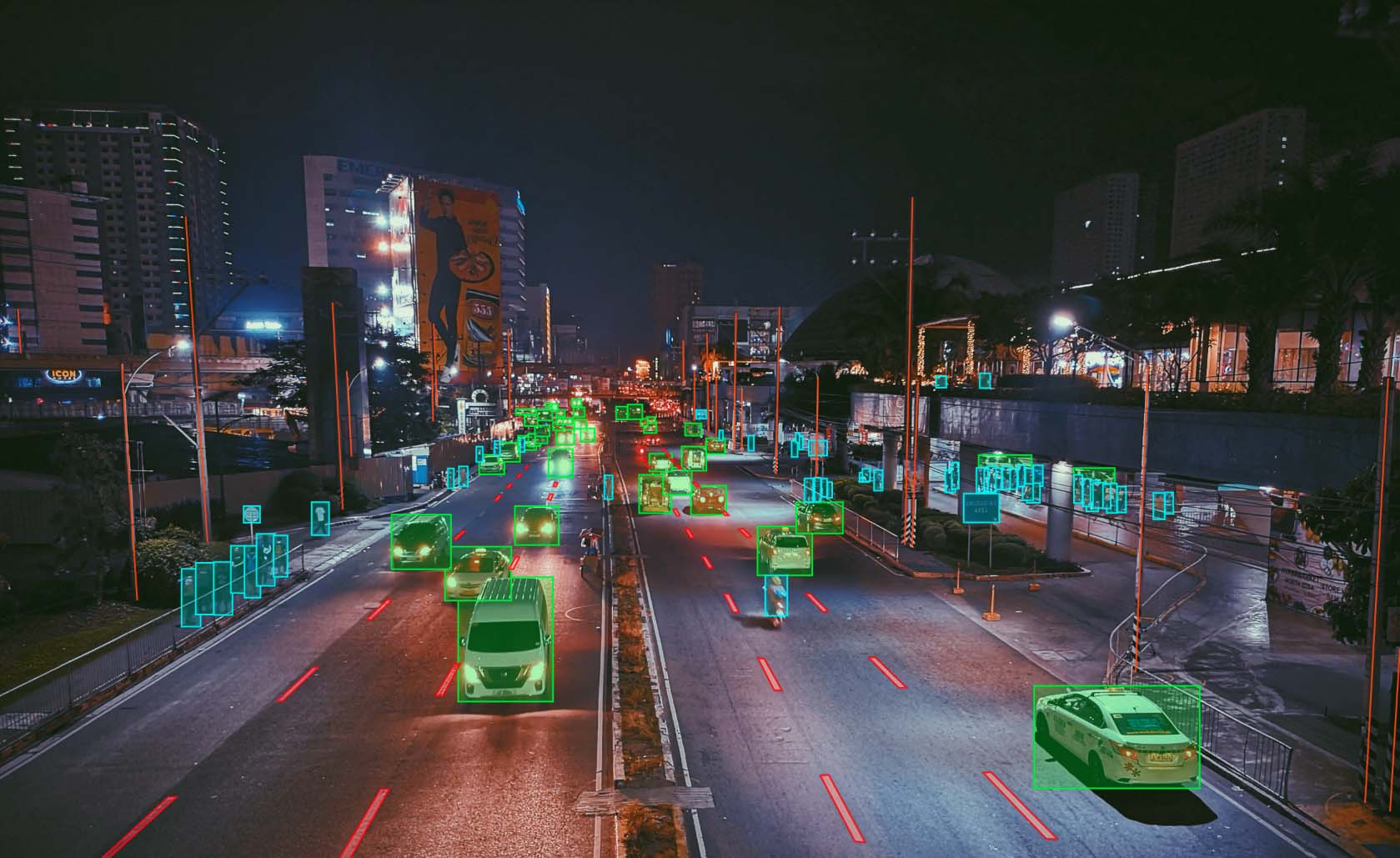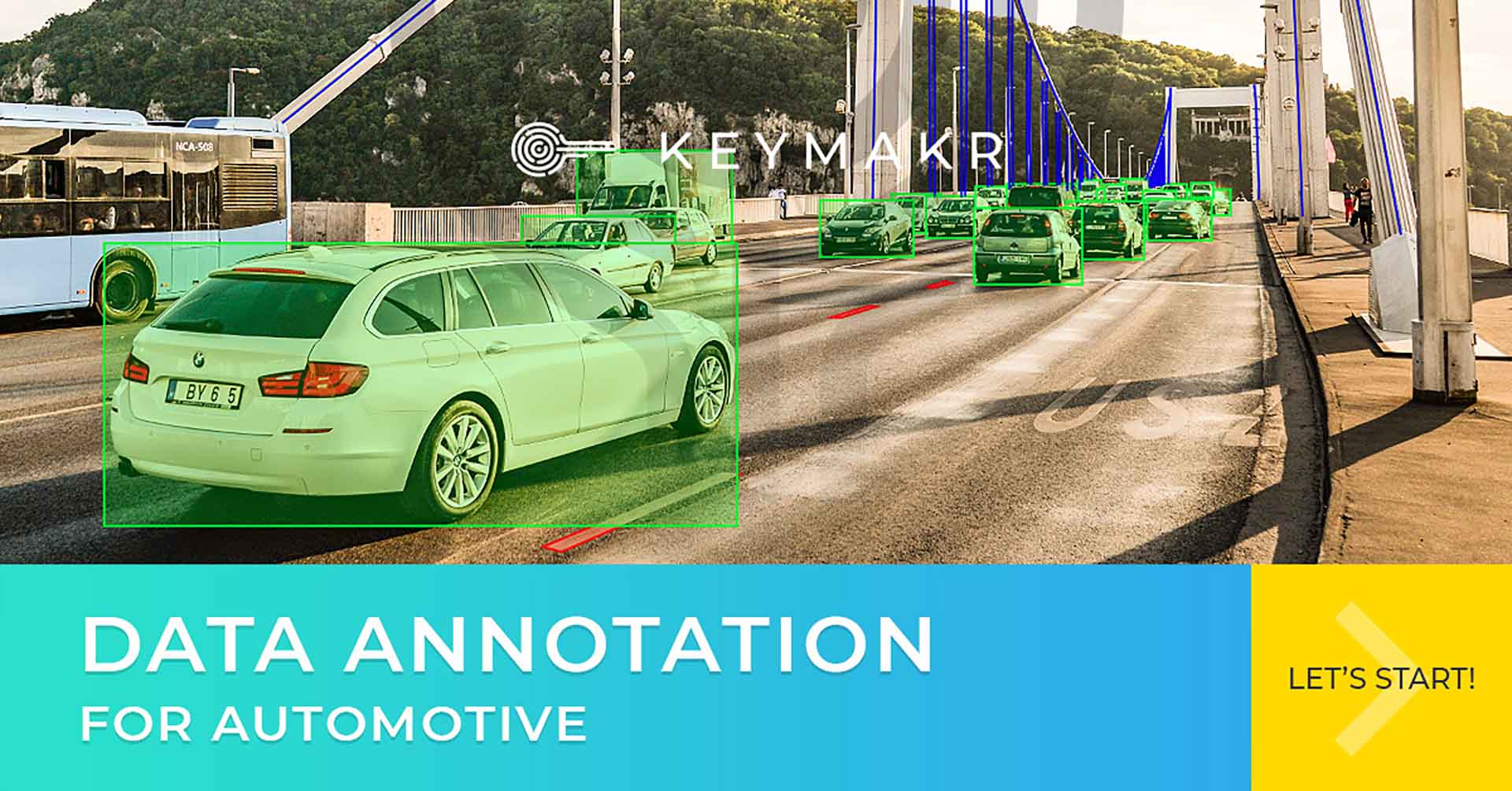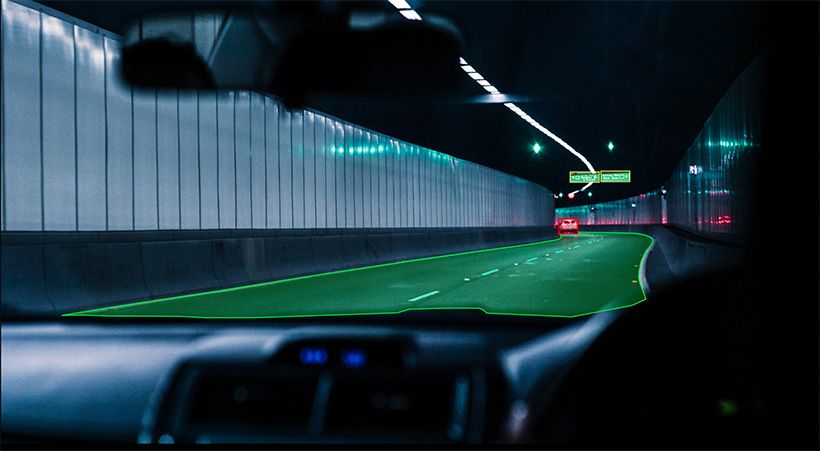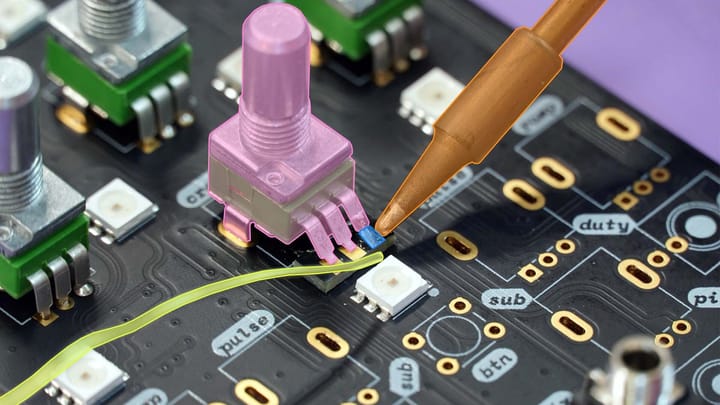Eliminating Bias in Autonomous Vehicle Training Data

AI is changing the way that we travel. Autonomous vehicles are becoming commonplace on roads across the world, promising safer and more efficient travel in the future. AI is also making life easier for drivers by making in-cabin monitoring systems a reality.
Object recognition and behavior monitoring capabilities ensure that AI powered vehicles can navigate safely on dynamic and chaotic roads in the real world. However, there are challenges that still need to be overcome so that autonomous vehicle technology can achieve its potential.
Reliability is essential for the public and regulators to fully trust self driving vehicles. As a result developers are focusing on improving AI training data to improve AI performance. Annotation providers, like Keymakr, can help autonomous vehicle developers to overcome bias in training data.
Firstly, this blog will identify the key use cases for AI in the automotive industry. Secondly, we will address the key bias challenges that are affecting training data for autonomous vehicles and in-cabin AI systems. Finally, we will show how data annotation services are helping to tackle bias issues in this sector.

AI for the automotive industry
Computer vision is helping drivers in a number of important ways. The following use case will help improve driver safety and the driving experience:
- Autonomous vehicles: Fully autonomous vehicles are already driving on our roads. As the technology improves so will consumer confidence in the ability of computer vision systems to safely navigate through traffic and around obstacles.
- Behavior monitoring: Many vehicles now have in-cabin cameras that can monitor drivers. AI models can be trained to interpret the behavior of drivers. This means that they can tell when somebody is falling asleep, not paying attention to the road, or impaired in some way. These systems can then warn drivers, allowing them to pull over and keep safe.
- Object recognition: The in-cabin experience can also be improved by object recognition. AI models can be trained to recognise important objects like keys and mobile phones. They can then warn drivers and passengers when they are left in the vehicle.
Object recognition
Bias challenges that need to be overcome
It is vital for developers to have access to varied, unbiased data in order for autonomous vehicles to continue. The following biases can affect the performance of autonomous vehicles if not properly managed:
- Image and video quality: The quality of training images and video can significantly impact autonomous vehicles. In order to perform with the highest degree of precision autonomous vehicle AIs need to be trained with high definition images and video that reflect the full complexity of the real world.
- Lighting and weather conditions: Drivers often need to travel in low light and in poor weather conditions. Therefore, if autonomous vehicles are only trained with images and video taken during the day in high visibility conditions they may be less functional in “non-ideal” scenarios.

- Different road markings and signage: Different countries use different road signage and markings to indicate rules like speed limits and driving conventions. Effective AI training data should contain images and video of diverse road signage so that autonomous vehicles can drive safely wherever they are.
- Diverse road systems: Of course road conditions vary significantly between regions. Overtaking conventions, side of the road used, and general driving etiquette can be wildly different from one country to another. Good training data should take these differences into account.
Annotation services can improve training datasets
Keymakr is an image and video annotation service with experience delivering high quality datasets to AI innovators. Our in-house data creation facilities and data collection expertise ensure that autonomous vehicle projects receive images and video that reflect the complexity of the real world.




